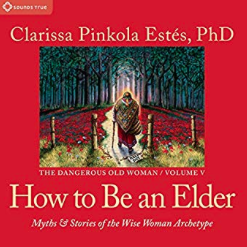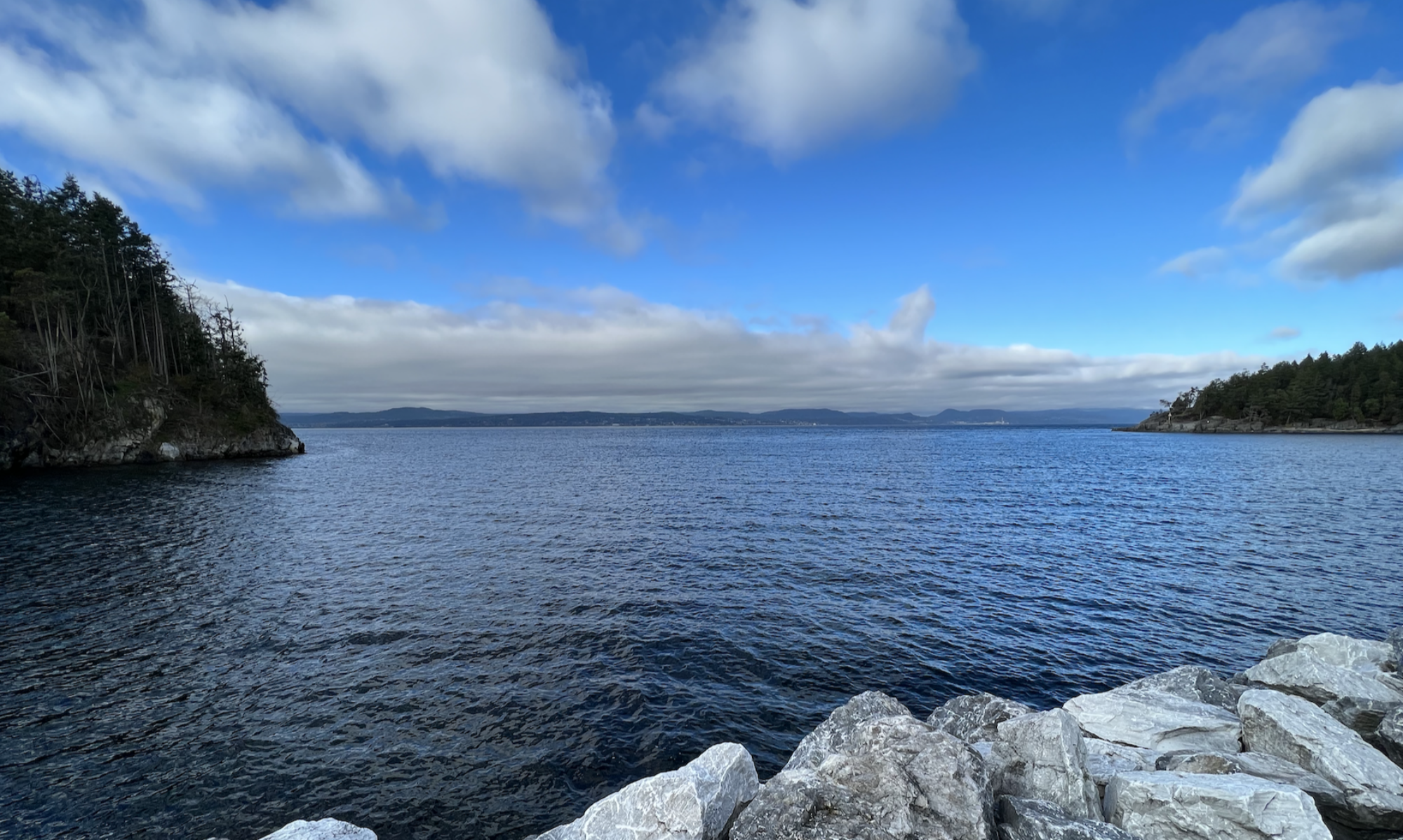This morning, Quanita Roberson, a dear friend and colleague, and I were reflecting together, as we do. We had just completed hosting and gathering the three previous days together with a delightful group of people willing to be in deep learning together. “QT” is our creation. It’s two days spread over three of dialogue, questions, rituals, stories, and play.
Quanita’s and my reflection turned to the topic of doorways, and in particular, how there are so many doorways in to a kind of learning and experience that people are ravenously hungry to have. Starved. “There is no shortage,” we recalled together, knowing that a primary pattern in QT is to work with the symbol in front of us to invite an essential wondering and wandering together. A snippet from a dream, great. An object that people had brought with them, awesome. Any of the many artifacts in my home, perfect. They all come with a story.
It’s not content that is missing for most of us as we attempt to be good and resourceful human beings together. There are many, valuable entry points. What is missing, often, is the awareness that all of the content is connected and provides a generous invitation to start. It’s the most basic premise and simple structure that opens the doorways wide to get to the content. The premise — that we are coded to be curious together (it’s just often programmed out of us). The structure — of some simple listening and witnessing together, much of what I have learned through practicing The Circle Way.
Towards the beginning of this QT gathering, I had named out loud, “that we don’t have to accomplish anything while together, nor did we have to produce anything.” I said is slowly, almost one word at a time. It’s funny how relieving this can be, and, how, ironically, it makes many of us almost unavoidably available for the kind of accomplishment and product that most teams and groups of people would die for.
But doorways are what Quanita and I reflected on. And then she shared this poem, “Abre La Puerta, Open the Door” by American poet, author, Jungian specialist, and spoken word artist, Clarissa Pinkola-Estes. Enjoy this one.
Abre La Puerta
Clarissa Pinkola-Estes
“She’s 12 years old, — going on 20-to-life.
She is God at 5 feet tall.
But, abre la puerta,
open the door and let her in.
Give her food.
“Old Florencia lives in the parking garage
at the university, with her bags and packs
on the floor all around.
She washes her 84-year-old body in the sink at the library,
with a piece of flannel from her deceased husband’s pajamas.
Abre la puerta, she is God.
Florencia is God, the God named Florencia.
“Remember that old abuelita,
your grandest grandmother?
how she staggered toward you
on legs so thin? You were just a baby then.
And she smiled all over your infant self,
as you rose young and steaming from the void.
That was God in her abuelita form
crying with joy just to see you.
“Que, que, que, bebebebita!” says the grandmother God.
“Look,” she says, “I opened a door in my belly for your mother.
¡Miré! ¡Look! your mother opened a door in her belly for you.”
Ah, this grandmother, you can see God through her.
God is a grandmother.
“Remember that red room where you grew?
That was God.
Remember the warm hands that received you?
That was God.
Remember your father’s hands holding your face
As though it were a jewel?
In that moment, God shone through.
“Maria Martinez tells me she dreams of chickens made larger
when she cannot find shelter.
She licks her hands, “and they taste good,” she says.
She is God.
God is homeless, yet she has hope.
Abre la puerta, let her in.
“Your mate who snores, well, maybe God snores.
Your mate is God who can never find his socks.
Your lover who burns for things you cannot give,
your mate is God.
God is a housewife in mud-face and curlers
standing at the door in a housecoat
waving good-bye.
God wears a housecoat once in a while.
“Oh world who is young, and has loved so deeply,
and been so betrayed,
whose skin hangs like rags,
whose arms have no muscle,
whose eyes have lost luster —
Open the door of your heartache,
step through the door of your betrayal,
pass through the hole in your heart,
Pass through!
It is a door.
¡Abre la puerta!
Open the door…
“Oh the world is a thing whose lover disappoints,
who is tired of the news that is no news,
who toils for silly people doing silly things.
Pass through the eye of the needle that shreds your skin.
¡Abre la puerta! it is a door.
Your only hope — step through the break in your own broken heart.
¡Abre la puerta! open the door.
“Do you remember that your legs are el anillo,
the ring that circles your lover?
Your legs make a door.
Pass through the door.
¡Abre la puerta! pass the bolt through.
Open the door, the most sacred of doors,
the trail through your belly
The road up your spine.
“Remember, fire is a door.
Destruction is a door.
Song is a door.
A scar is a door.
¡Abre la puerta! Open the door!
“The forest on fire is a door.
The ocean ruined is a door.
Anything that needs us,
or calls us to God
is a door.
¡Abre la puerta!
Open the door.
Anything that hurts us,
anything we make holy
opens the door.
¡Abre la puerta!
pass through the door!
“All those years of seeming indestructibility,
and then, the grandfather of your world dies;
…his heart explodes,
and yours breaks into a thousand pieces.
Each tiny piece of your shattered heart is a door…
These are doors…
Open the doors…
Abre la puerta …
Pass through these doors.
“Whatever has died and left its big muddy boots
cold and hard by the back porch door —
put them on…
Walk through the door of this death,
the door that dying has made for you.
Walk in those boots that bend with your warmth.
You are the grandfather now.
You are the grandmother now.
¡Abre la puerta!
Open the door.
“The world is a tribe of one-breasted women …
walk through the doors of the scars on their chests.
¡Abre la puerta! open the door.
Over the edge of the world you go,
into the abyss we all march in time.
Put the best medicine in the worst of the wounds.
¡Abre la puerta! open the door.
“The lake in which you almost drowned?
That is a door.
The slap in the face that made you kiss the floor?
That is a door.
The betrayal that sent you straight to hell?
That is a door
¡Abre la puerta! open the door.
“Same old story, all strong souls first go to hell
before they do the healing of the world
they came here for.
If we are lucky, we return to help
those still trapped below.
¡Abre la puerta! open the door.
¡Abre la puerta! open the door.
Hell is a door that is caused by pain.
“Opening a flower,
rain opening the earth,
the kisses of humans
opening the hearts of the world,
These are doors…
No further lamentation required…
¡Abre la puerta! open the door.
“The scar drawn by razors…
that is a door.
The scars drawn by chain saws across forests…
those are doors.
These all are doors,
¡Abre la puerta! open the doors.
“The poem of New Life that comes every dawn,
the soaring of sun…that is a door!
The grave is a door.
The door to hell is a door to Life.
¡Abre la puerta! open the door.
¡Abre la puerta! open the door.
¡Abre, abre la puerta! open the door.”

